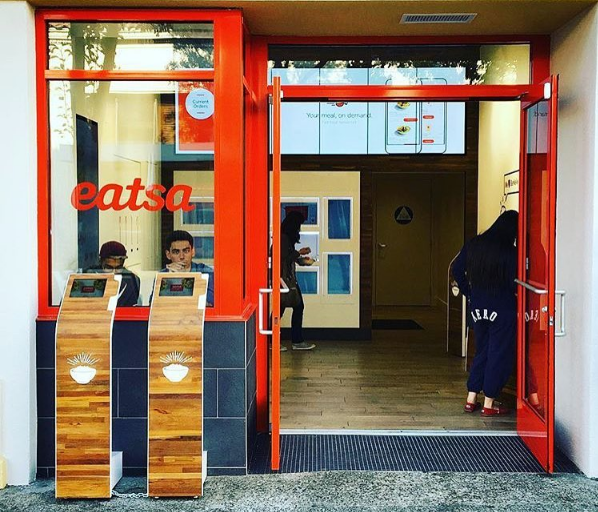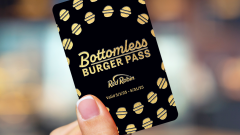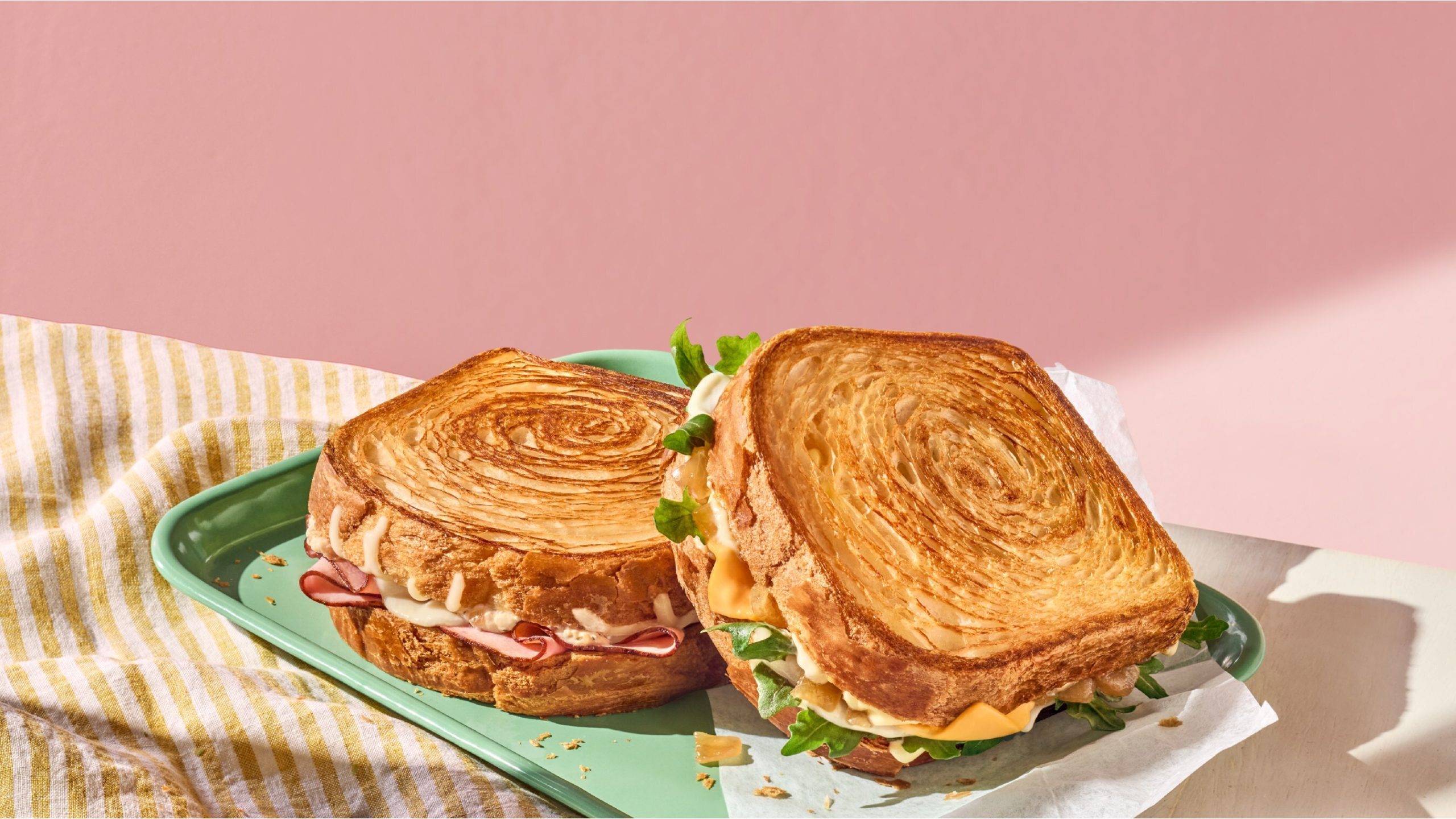Robot Restaurant Eatsa Sued For Being ‘Inaccessible To Blind Customers’

High-tech restaurants are great… until they neglect to service the disabled, too.
Trendy “robot restaurant” chain Eatsa was just sued in federal court for being “entirely inaccessible to blind customers,” according to the Disability Rights Advocates (DRA).
The non-profit legal center is representing the American Council of the Blind and blind New Yorker Michael Godino, who is representing a group of blind patrons that are unable to access and order food at Eatsa on their own. The lawsuit was filed in the Southern District of New York this morning.
For those of you unfamiliar, Eatsa is a restaurant with no employee-customer interactions. Instead, guests order on touchscreen kiosks or on a mobile app and pick up their food in glass cubbies when it’s ready.
This ordering system inherently discriminates against blind people because the touchscreen kiosks lack audio or tactile aids to assist blind customers in ordering. The app isn’t compatible with screen reader technology that could help blind people, and frames cover up any audio jacks or buttons needed for accessibility. While an employee can be requested for assistance, to do so requires pressing a button on the already inaccessible kiosk.
Blind customers couldn’t even pick up their food because the cubbies visually light up when a customer’s food is ready, and no other audio aids exist to inform customers that their food is served.
The lawsuit claims that the audio and tactile technology that could be used to assist blind individuals exists already, but Eatsa is just not using it.
“Eatsa designed and implemented its inaccessible, self-service dining system despite the existence of readily available accessible technology that could have provided the audio output and tactile input blind customers need to be able to utilize Eatsa’s mobile application, tablet ordering system, and cubby-based food pick-up system independently. “
As a result of these issues, the DRA and its plaintiffs are suing for an injunction to prevent Eatsa from further discriminating against persons with disabilities and for the chain to develop a system where blind customers can independently access its restaurants.






















